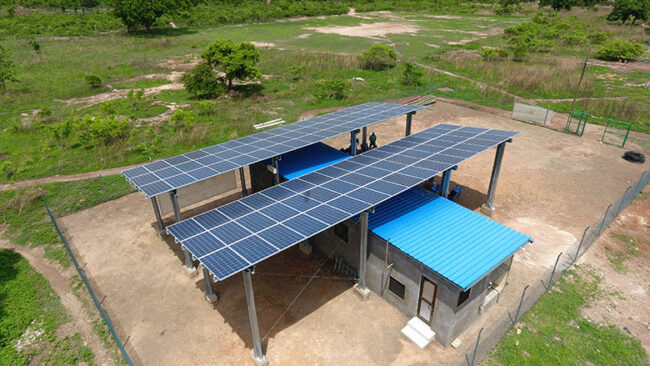Oluwole Eweje, managing director of WATT Renewables, an energy infrastructure company, says Nigeria has the largest potential market for mini-grid projects in West Africa.
He was speaking on the sidelines of an energy summit held in Lagos.
Eweje said power inadequacy is a major impediment to growth in Nigeria, noting that four in every five people in the over 200 million population lack access to grid electricity and those that have are often at the mercy of perennial blackouts.
“That has opened up a gap in supply and created an opportunity for a number of solar power firms, which are launching various renewable energy initiatives to bridge the shortfall with several distributed power innovations that are smaller scale, lower cost, and quicker to market,” he said.
Advertisement
“In three short years, WATT has gone from 1 site to over 60 sites; while also aiming to have at least 200 sites under management before the end of 2021.
“Our investment partners have invested over $4.5 million in the development, execution and roll-out of projects in Nigeria.
He noted that WATT is a company that is not just interested in being a disruptor within the industry but “also about having a significant impact in the marketplace.”
Advertisement
According to BloombergNEF, Nigeria currently has a small-grid capacity of 2.8 megawatts as of 2019, with 52 of the 59 projects solar-powered. Only 55percent of the nation’s population is connected to the national electricity grid and those experience frequent power cuts of up to 15 hours per day.
He said his company is primarily focused in the development, construction and operation of sustainable power projects in emerging economies, with an initial focus in Sub-Saharan Africa.
With operations in Nigeria since 2018, the company’s first venture into the Nigerian market was a mini-grid project executed in Mowe Ogun state. After two years of blackout, the project provided power to a community clinic, two schools, and several houses in and around the community.
Thereafter, the company was approached by a leading Telecommunication Tower Infrastructure provider to provide power to their telecommunication sites under an ESCO model.
Advertisement
“Our unique selling proposition is that WATT will provide its client with reliability of power (100 percent uptime) with an affordable flat fee tariff. This ESCO model was the first of the kind for our client,” Eweje said. “It provided us the opportunity to showcase the abilities within our robust organisation.”
After the project with the telecommunication tower provider, WATT also partnered with a financial services company in Nigeria, a development which led to converting off-site Automated Teller Machine (ATM) sites from 100 percent diesel powered to 100 percent solar powered.
Add a comment







